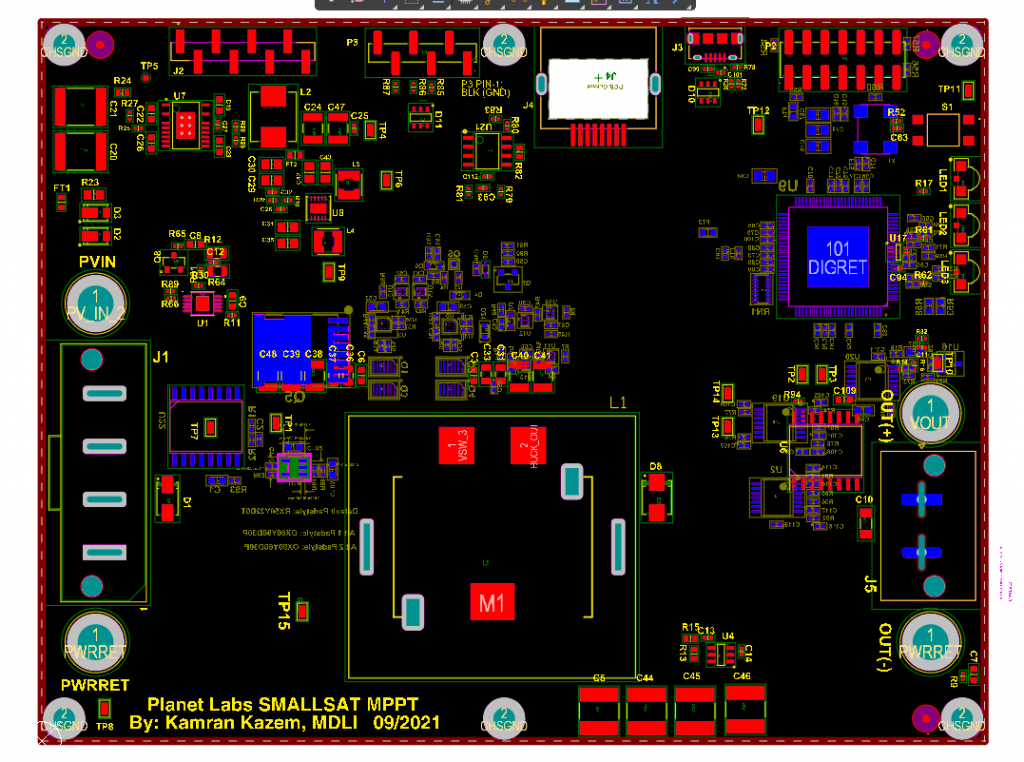
A power electronics engineer plays a crucial role in the design, analysis, and implementation of electronic systems that handle and control the flow of electrical power. Their work encompasses various aspects of engineering, including signal processing, analog and digital electronics, circuit theory, electrical machines, control systems, electromagnetics, and semiconductor physics. Let’s explore the role of a power electronics engineer in each of these areas:
- Signal Processing: Power electronics engineers need to understand signal processing techniques to effectively analyze and process electrical signals in power systems. They use concepts like Fourier analysis, filtering, modulation, and demodulation to manipulate and convert signals for various applications.
- Analog and Digital Electronics: Power electronics involves the use of both analog and digital electronic components. Power electronics engineers must design and optimize analog circuits like power amplifiers, voltage regulators, and current sensors. At the same time, they also work with digital electronics, such as microcontrollers and digital signal processors (DSPs) to control and regulate power conversion processes.
- Circuit Theory: Understanding circuit theory is fundamental for power electronics engineers as they work with complex power circuits and devices. Knowledge of circuit analysis techniques, such as nodal and mesh analysis, is essential for designing and simulating power electronics circuits.
- Electrical Machines: Power electronics engineers often work with electrical machines like motors and generators in various applications. They need to understand the operating principles, characteristics, and control techniques of these machines to efficiently interface them with power electronics systems.
- Control Systems: Control systems are a crucial aspect of power electronics engineering. Engineers design and implement control strategies to regulate voltage, current, and power flow in power conversion systems. They use feedback and control theory to ensure stability, efficiency, and reliability in power electronic systems.
- Electromagnetics: Power electronics systems often involve high-frequency switching and magnetic components such as transformers and inductors. Knowledge of electromagnetics helps power electronics engineers design and optimize these components for better performance and efficiency.
- Semiconductor Physics: Power electronic devices, such as diodes, transistors, and thyristors, are based on semiconductor physics. Power electronics engineers need to have a deep understanding of semiconductor materials, device characteristics, and their limitations to select the most suitable components for their applications.
Overall, the role of a power electronics engineer is diverse and interdisciplinary. They integrate knowledge from various domains, including signal processing, analog and digital electronics, circuit theory, electrical machines, control systems, electromagnetics, and semiconductor physics, to design efficient and reliable power conversion systems for a wide range of applications, such as renewable energy systems, electric vehicles, industrial motor drives, and more. Their work is instrumental in improving energy efficiency, reducing power losses, and advancing modern electrical systems.
This is a test comment.